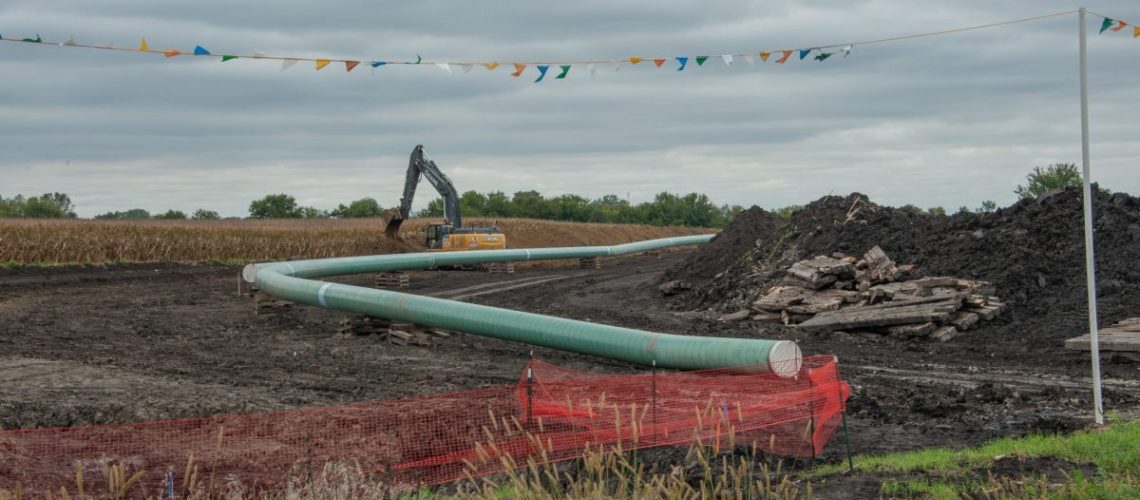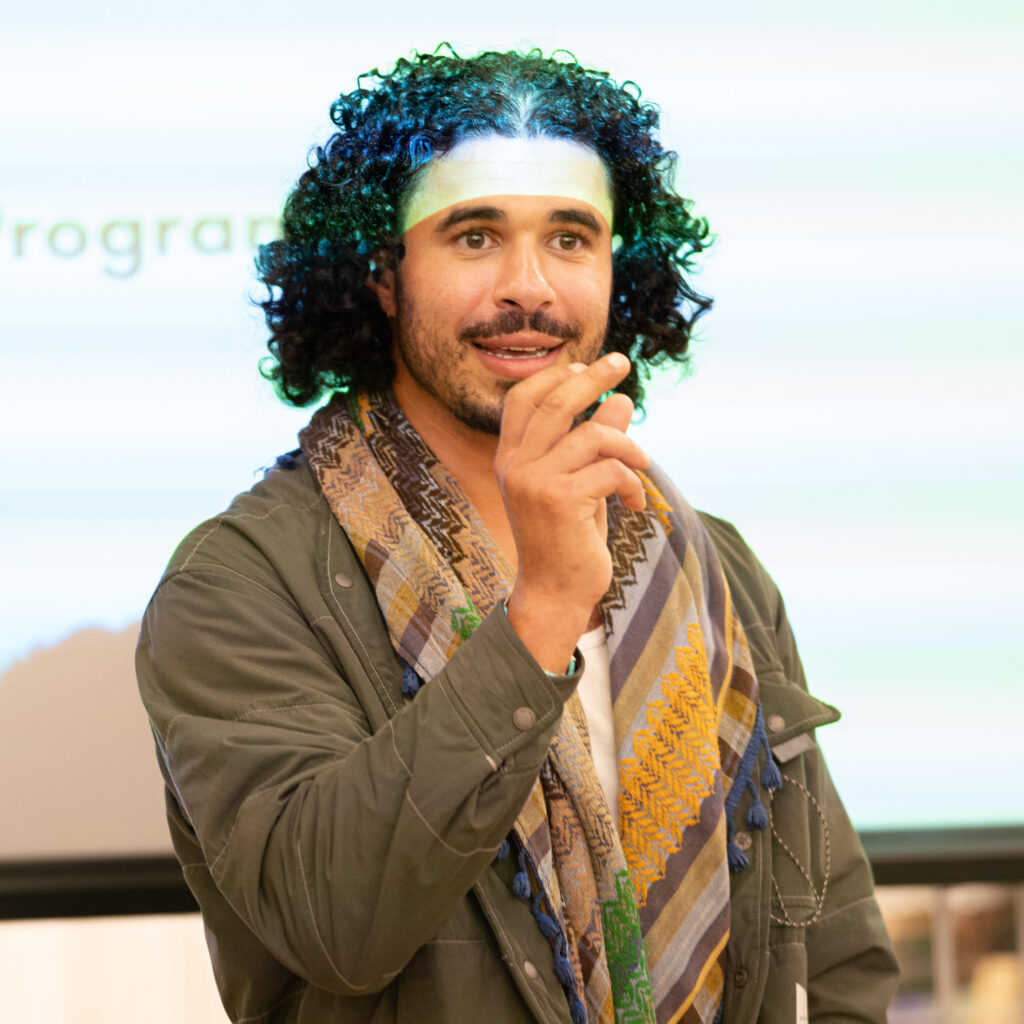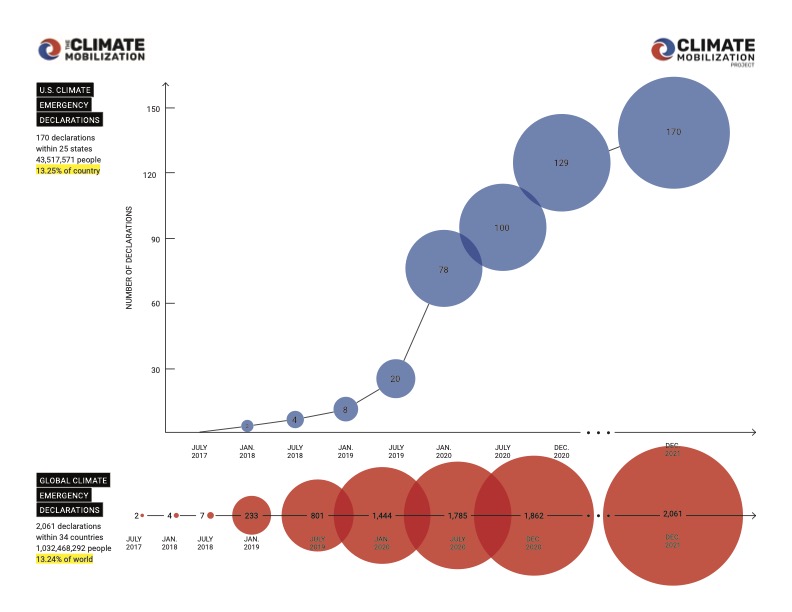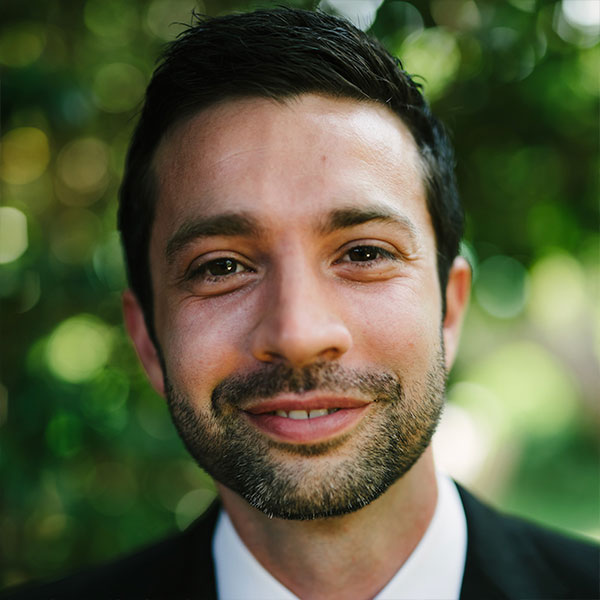Climate Emergency Movement
Portland, Oregon declared a Climate Emergency on July 1. The declaration emphasizes support for vulnerable and marginalized communities through climate planning and programming, including a specific amendment to ensure that transportation decisions, like a recent freeway widening project, must be made equitably and through a community consultation process.
As part of its emergency climate and resilience planning effort, the Montgomery County, MD chapter of TCM is organizing a monthly webinar series. The first webinar featured Ann Arbor, MI, sharing the story of how they declared a Climate Emergency and achieved widespread community participation in the development of their plan to fully decarbonize in a decade. The second webinar, “Leading with Vision: Imagining a Climate Positive and Resilient MoCo by 2030” is on July 14 at 7:30 PM Eastern, and will focus on detailed vision as a core of any climate planning process. Register for the webinar here.
Pipeline Victories
Three major pipeline projects are again stalled this week, creating expensive delays for pipeline companies and important victories for organizers, indigenous groups and all of those fighting for a safe climate.
In a huge win for the Standing Rock Sioux Tribe, the Cheyenne River Sioux Tribe, and the other plaintiffs, a district court ruled that the Dakota Access Pipeline must be drained and shut down in 30 days through at least 2021 in order to conduct an environmental review in accordance with the National Environmental Protection Act. The pipeline had been moving 570,000 barrels of oil per day.
Citing “legal uncertainty,” Dominion Energy and Duke Energy cancelled the Atlantic Coast natural gas pipeline that was to stretch hundreds of miles across West Virginia, Virginia and North Carolina. Pressure from Indigenous tribes and a wide range of organizers have delayed the project and nearly doubled its projected cost.
Finally, as of July 6, the Keystone XL pipeline project will remain blocked by a Supreme Court order which denies the use of the building permit for at least the remainder of this year.
Record Heat
The Climate Emergency continues to intensify. Arctic ice is melting at a much faster rate than climate models had anticipated, causing alarm in the scientific community and impacting towns and cities in Siberia with heat waves, wildfires and melting permafrost.
In the United States, Arizona is fighting a surge in COVID-19 cases, along with unprecedented wildfires.
Climate Justice
We continue to watch with gratitude as organizers and dedicated Americans show up in cities across the country to protest police violence and institutional racism. Thank you to Tamara Toles O’Laughlin of 350.org for this powerful call to broaden the platforms of many environmental organizations to include racial justice.
The Climate Mobilization in the News
The House Select Committee on the Climate Crisis released its climate plan last week, drawing praise from many Democrats and environmentalist groups. The Climate Mobilization was one of few critical voices, calling for a more aggressive timeline in line with what climate science demands. Research and Policy Director Laura Berry was quoted in The Guardian and Common Dreams criticizing the plan. “The Select Committee…had the opportunity to put forth a comprehensive plan to protect Americans from climate devastation, but the solutions proposed fail to meet the challenge of the existential planetary crisis we face. … Collectively, the proposals in the plan would only cut greenhouse gas emissions by 37% by 2030, and 88% by 2050, and are wholly inadequate to prevent the risk of catastrophic climate disruption.”
TCM deputy director Ezra Silk was quoted echoing Laura’s critique, and voicing hope that former Vice President Joe Biden, the Democratic Party’s presumed presidential nominee, “recognizes the urgency facing our world and commits to declaring a climate emergency within the first 100 days of his administration, includes a 2030 deadline for zero emissions, and releases a federal mobilization plan necessary to protect our nation.”
Margaret Klein Salamon, Executive Director of Climate Mobilization Project and Founder of The Climate Mobilization spoke to Klima, a climate action app, about processing climate emotions and taking action, even during the pandemic. Margaret also appeared in Humanity Rising: Global Solutions Summit Day 33 alongside author Daniel Pinchbeck and others to talk about solving the Climate Emergency.

















